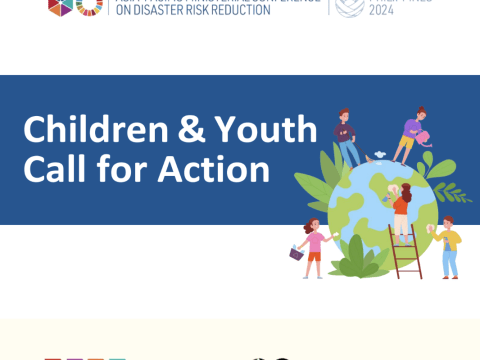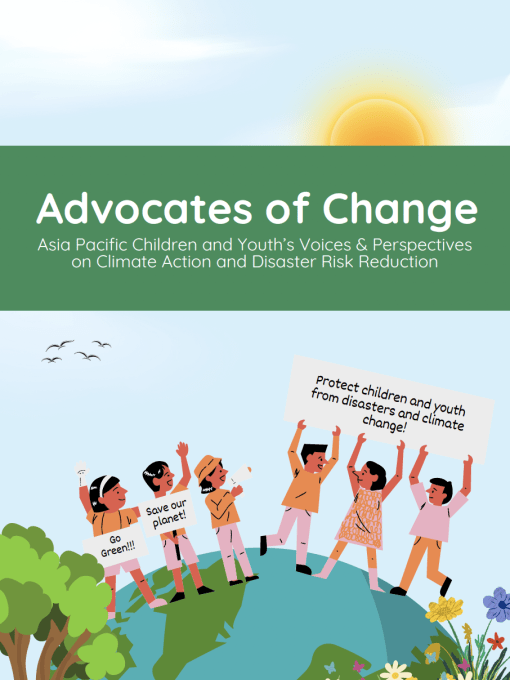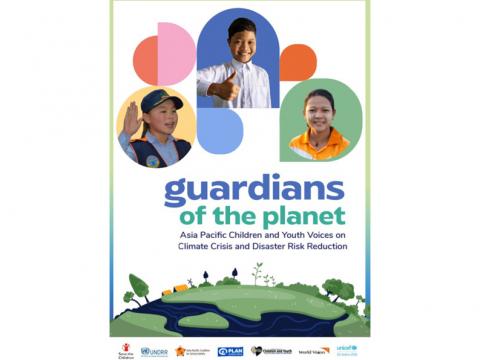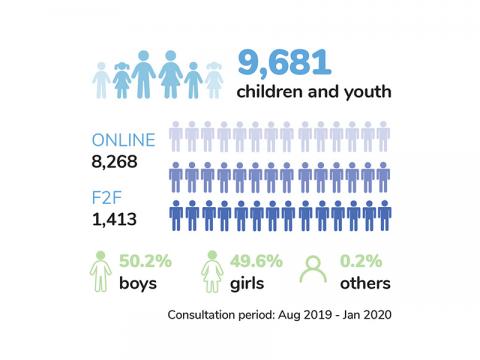APCSS Children & Youth Call for Action 2024
Download
Approximately 42% of the four billion people living in Asia Pacific are children and youth under 24 years who continue to face overlapping environmental, health and socioeconomic risks due to the worsening impacts of climate change and disasters. Therefore, their participation in climate adaptation and disaster risk reduction is important to ensure that initiatives effectively protect them from the multiple threats posed by the climate crisis. A significant platform that provides young people with the opportunity to contribute to climate and disaster mitigation efforts is the Asia-Pacific Ministerial Conference on Disaster Risk Reduction (APMCDRR), which brings together key actors to track and accelerate the region’s progress in reducing disaster risks.
In line with the underlying goals of the 10th APMCDRR which focuses on the theme, “Surge to 2030: Enhancing ambition in Asia Pacific to accelerate disaster risk reduction”, World Vision and other members of the Asia Pacific Coalition for School Safety (APCSS) and United Nations Major Group of Children and Youth (UNMGCY) worked together to amplify the voices and perspectives of 2,735 children and youth aged 12-34 years across Asia and the Pacific on interrelated climate and disaster-related issues. The partners supported 28 children in six countries (Cambodia, Laos, Mongolia, Myanmar, Thailand and Vietnam) and five researchers in Indonesia to lead their own research projects and data collection activities from July to August 2024. Meanwhile, partners from 15 countries (Bangladesh, Indonesia, Nepal, Pacific countries including Solomon Islands, Fiji, Tuvalu, Palau, Marshall Islands, Federated States of Micronesia, Vanuatu, Samoa and Kiribati, The Philippines, Sri Lanka, Timor Leste) had national consultations with selected children and youth to provide them with a platform to articulate their views. Three online regional consultations with children and youth from 21 countries were also conducted to validate child/youth-led research outcomes and national consultations.


